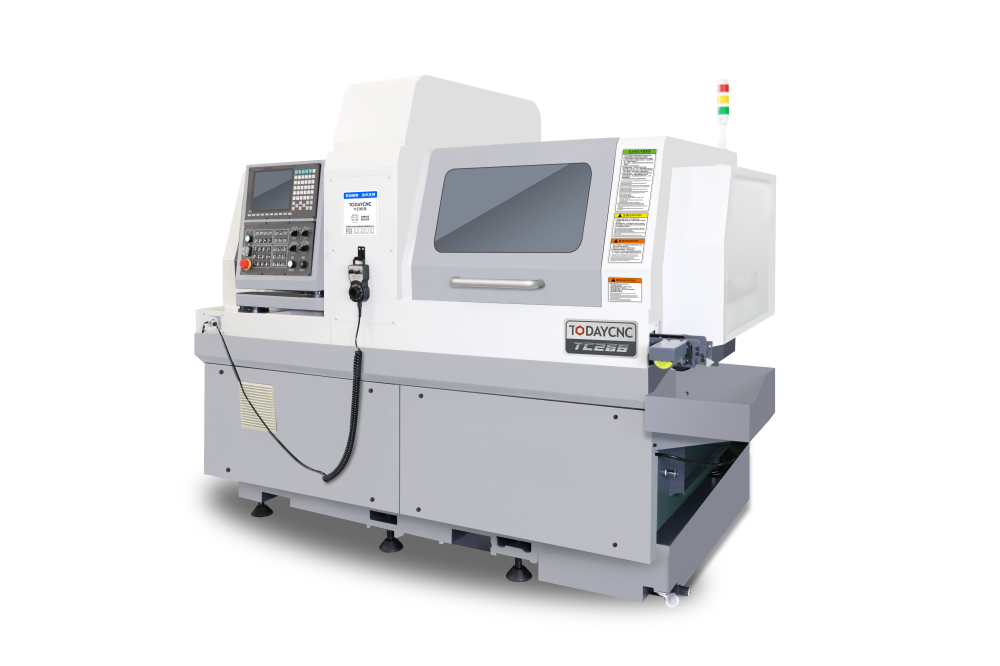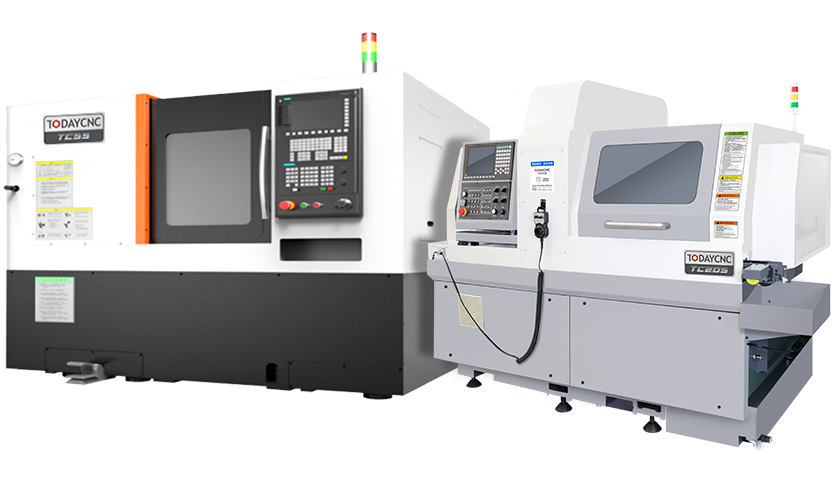Understanding Precision CNC Lathes: The Key to Advanced Manufacturing
Precision CNC lathes are essential tools in the realm of modern manufacturing, particularly within the machining sector. These advanced machines utilize computer numerical control (CNC) technology to enhance the accuracy and efficiency of turning operations. By automating the machining process, precision CNC lathes allow for the creation of complex shapes and high-tolerance parts that traditional manual lathes simply cannot achieve.
One of the most significant advantages of precision CNC lathes is their ability to produce parts with incredibly tight tolerances. This capability is crucial for industries such as aerospace, automotive, and medical device manufacturing, where precision is paramount. The automated nature of CNC lathes minimizes human error, ensuring that every piece produced meets stringent specifications.
Moreover, precision CNC lathes can work with a variety of materials, including metals, plastics, and composites. This versatility allows manufacturers to adapt their production processes to meet specific demands, whether they are creating prototypes or large production runs. The ability to switch between different materials without sacrificing precision or quality makes CNC lathes an invaluable asset to any machine shop.
The operational efficiency of precision CNC lathes is further enhanced by their ability to perform multiple operations in a single setup. This capability reduces the need for tool changes and minimizes downtime, leading to increased productivity. Many CNC lathes are equipped with live tooling, which allows them to perform milling operations alongside turning processes. This integration of functions can significantly cut lead times and lower overall production costs.
In addition to their operational benefits, precision CNC lathes also contribute to improved workplace safety. The automation of machining processes reduces the need for manual intervention, limiting exposure to hazardous conditions. Operators can program the machines to run with minimal supervision, allowing for a safer working environment while maintaining high output levels.
As industries increasingly demand high-quality components with quick turnaround times, the relevance of precision CNC lathes continues to grow. Their impact on manufacturing efficiency and product quality is undeniable, making them a core component of modern machining operations.
In conclusion, precision CNC lathes are indispensable tools that greatly enhance the manufacturing process. Their accuracy, versatility, and efficiency not only improve production times but also ensure the delivery of high-quality components across various sectors. Understanding the capabilities and advantages of precision CNC lathes can help businesses make informed decisions about their machining needs, ultimately leading to greater success in today’s competitive market.
One of the most significant advantages of precision CNC lathes is their ability to produce parts with incredibly tight tolerances. This capability is crucial for industries such as aerospace, automotive, and medical device manufacturing, where precision is paramount. The automated nature of CNC lathes minimizes human error, ensuring that every piece produced meets stringent specifications.
Moreover, precision CNC lathes can work with a variety of materials, including metals, plastics, and composites. This versatility allows manufacturers to adapt their production processes to meet specific demands, whether they are creating prototypes or large production runs. The ability to switch between different materials without sacrificing precision or quality makes CNC lathes an invaluable asset to any machine shop.
The operational efficiency of precision CNC lathes is further enhanced by their ability to perform multiple operations in a single setup. This capability reduces the need for tool changes and minimizes downtime, leading to increased productivity. Many CNC lathes are equipped with live tooling, which allows them to perform milling operations alongside turning processes. This integration of functions can significantly cut lead times and lower overall production costs.
In addition to their operational benefits, precision CNC lathes also contribute to improved workplace safety. The automation of machining processes reduces the need for manual intervention, limiting exposure to hazardous conditions. Operators can program the machines to run with minimal supervision, allowing for a safer working environment while maintaining high output levels.
As industries increasingly demand high-quality components with quick turnaround times, the relevance of precision CNC lathes continues to grow. Their impact on manufacturing efficiency and product quality is undeniable, making them a core component of modern machining operations.
In conclusion, precision CNC lathes are indispensable tools that greatly enhance the manufacturing process. Their accuracy, versatility, and efficiency not only improve production times but also ensure the delivery of high-quality components across various sectors. Understanding the capabilities and advantages of precision CNC lathes can help businesses make informed decisions about their machining needs, ultimately leading to greater success in today’s competitive market.
Related Blog














